The leaders of the Tax Department awarded Certificates of Merit from the Ministry of Finance to individuals of the Tax Department of Region XII with achievements in tax work in 2024. Photo: PV |
Decisive, proactive, synchronous
Right from the beginning of 2025, the tax sector advised the City Party Committee and the City People's Committee to organize a conference to summarize the budget revenue and expenditure in 2024 and deploy tasks for 2025. At the conference, the tax sector proposed a series of solutions to increase state budget revenue, develop inspection and examination topics, and coordinate with other sectors to improve tax management efficiency and prevent tax fraud and evasion. Coordination between the tax sector and departments, branches, People's Committees of districts, communes and wards has been strengthened, especially in high-risk areas such as real estate, construction, hotels, restaurants, catering businesses, e-commerce, etc. Estimated domestic revenue in the first 6 months of 2025 reached 14,046 billion VND, equal to 63% of the central budget estimate and 53.4% of the revenue task assigned by the city, up 17.1% over the same period. During the same period, the tax sector completed inspections and audits of more than 400 enterprises, reaching 26.6% of the target. Thereby, it proposed to handle the amount of VND 96.2 billion, including VND 42.7 billion in taxes and fines, reducing losses by VND 32.6 billion, the amount of non-refundable tax was VND 19.7 billion.
The city's tax sector advised the city's People's Committee to issue a decision to establish a Steering Committee for the implementation of electronic invoices in Da Nang city, consisting of leaders of departments, branches and People's Committees of districts and towns of the city, headed by the Standing Vice Chairman of the City's People's Committee, and to establish a Standing Team to assist the Steering Committee and the operating regulations of the Steering Committee for implementation. The sector urgently established a steering committee, an implementation team to assist the steering committee and operating centers, supporting the implementation of electronic invoices at tax agencies at all levels to deploy the application of electronic invoices throughout the city, while coordinating with technology solution providers, organizing centralized guidance conferences or going to business addresses to provide direct guidance, helping businesses not only understand the regulations but also proficiently use the electronic invoice system from cash registers. Therefore, in the first months of 2025, in the city, more than 2,600 businesses, households and individuals have implemented electronic invoices generated from cash registers (reaching 97.7% of the target assigned by the Tax Department).
Mission from now until the end of 2025
In the coming time, the Tax Department of Region XII will step up the fight against tax losses in the city for the topics that have been developed in order to strive to exceed the task of collecting the state budget assigned by the People's Council and the People's Committee of the city. The city's tax sector will make more efforts in tax management, step up the inspection of taxpayers' tax declarations; focus on controlling and closely monitoring the issuance and use of invoices for taxpayers who have registered and issued electronic invoices generated from cash registers, promptly handling violations according to the provisions of law; review and standardize data on business households and business individuals to put them under tax management, avoiding missing revenue sources; promote coordination with e-commerce trading floors, banks and payment intermediary service providers to control cash flow, collect information on individuals and organizations with e-commerce business activities.
According to Decree No. 70/2025/ND-CP, from 2025, business households and individuals with revenue of VND 1 billion/year or more and enterprises operating in fields such as retail, food and beverage, transportation, entertainment, etc. must use electronic invoices generated from cash registers, with data connected to tax authorities. On the other hand, Resolution No. 198/2025/QH15 of the National Assembly stipulates that from 2026, business households and individuals will not apply the tax lump-sum method but must pay taxes according to tax management laws. This requires the tax management system to be more modern, interconnected and transparent, in which electronic invoices are the core tool.
The use of electronic invoices not only helps to manage revenue closely and prevent tax evasion, but also facilitates people's access to modern public services, contributing to promoting comprehensive digital transformation in the financial sector. In particular, electronic invoices generated from cash registers will be an important foundation for implementing the "lucky invoice" program, an initiative to encourage consumers to request invoices and monitor businesses.
To achieve the set goals, the tax sector needs close coordination from authorities at all levels and relevant departments and branches in implementing electronic invoices and tax declaration for business households and individuals. Along with that, it is necessary to strengthen propaganda and dissemination of the benefits of electronic invoices, raise awareness of both sellers and buyers, and create the habit of requesting and issuing invoices in accordance with regulations. Deploying electronic invoices is not simply an administrative reform, but also a strategic step in the process of national digital transformation, in line with the resolutions of the Party and the Government. This is also an important condition for the tax sector to effectively perform its management function, ensure sustainable revenue for the state budget, and contribute to building digital government, digital economy and digital society in Da Nang city.
TAX DEPARTMENT OF REGION XII
Source: https://baodanang.vn/kinhte/202506/chong-that-thu-ngan-sach-nha-nuoc-va-trien-khai-hoa-don-dien-tu-4010619/


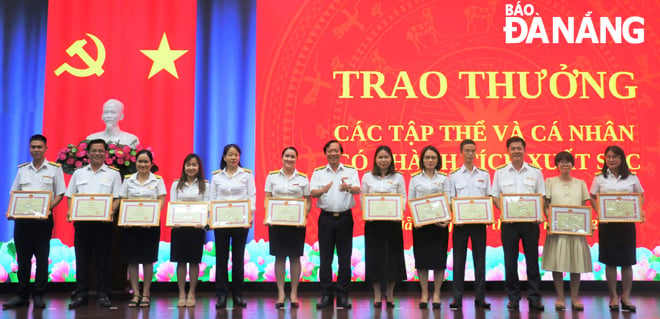




![[Photo] The 9th Party Congress of the National Political Publishing House Truth](https://vphoto.vietnam.vn/thumb/1200x675/vietnam/resource/IMAGE/2025/6/24/ade0561f18954dd1a6a491bdadfa84f1)



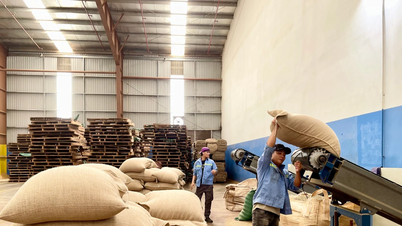

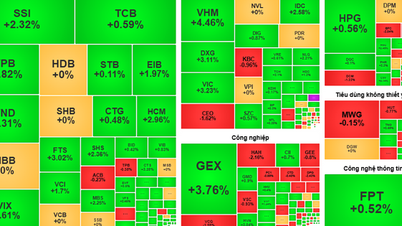





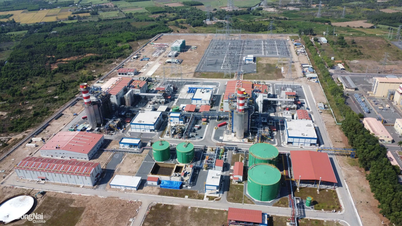







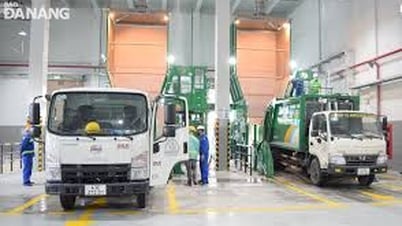


































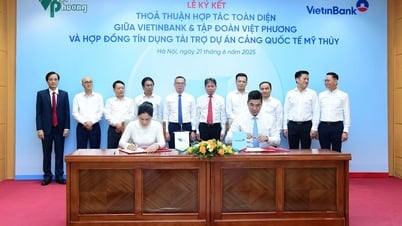













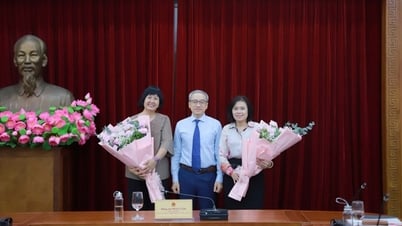




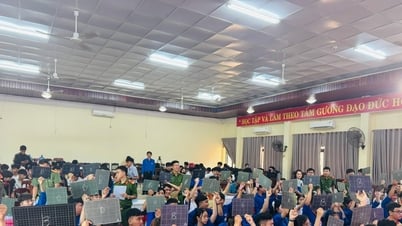


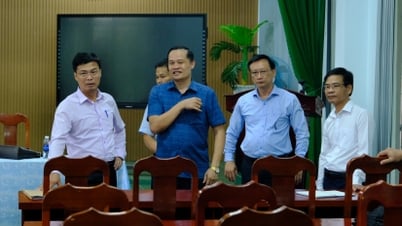


















Comment (0)